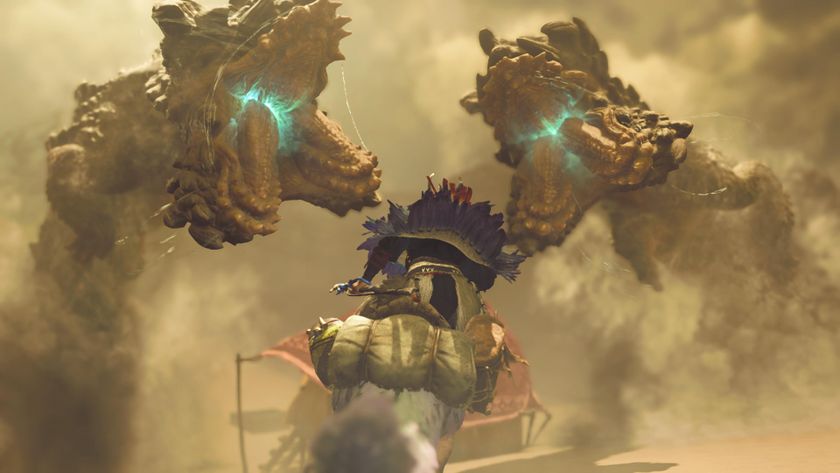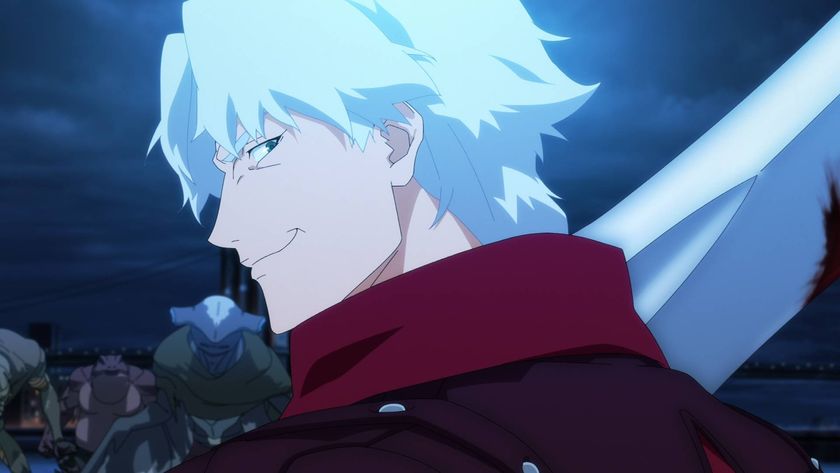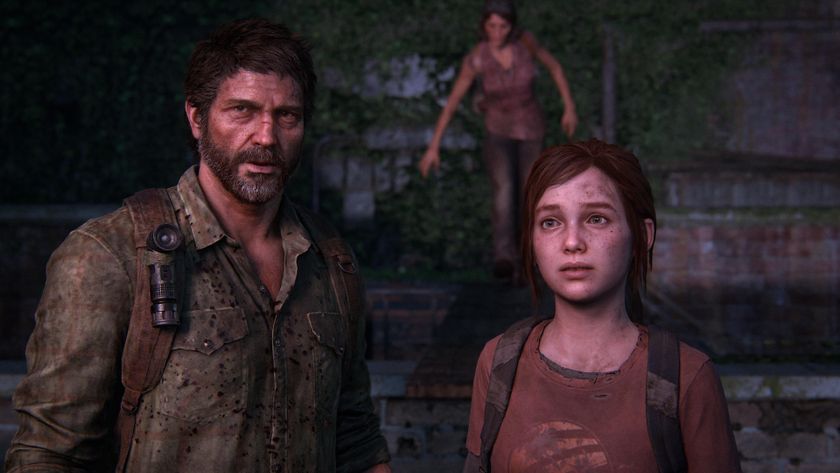A year later, Unity cancels its controversial Runtime Fee "effective immediately"
Unity's new CEO says price changes "needn’t come in a novel and controversial new form"

A year after it was announced, Unity's highly controversial Runtime Fee has been canceled "effective immediately."
In case you somehow missed it, Unity's original plan was to charge game developers using its engine a fee every time someone installs their game after a certain threshold, but it was met with swift and united backlash from the game development community, which led the company to issue a formal apology and eventually walk back some of the more contentious aspects of the Runtime Fee. Now, it's canceling it entirely and instead introducing price increases to its paid tiers.
"After deep consultation with our community, customers, and partners, we’ve made the decision to cancel the Runtime Fee for our games customers, effective immediately," said Unity president Matt Bromberg in a blog post. "Non-gaming Industry customers are not impacted by this modification."
Unity appointed Bromberg its new president and CEO in May, months after the previous leader John Riccitiello stepped down amidst the fallout caused by the aforementioned pricing changes. In January, the company laid off about 25% of its staff with 1,800 cut jobs.
"Over the last 20 years, we've partnered with brilliant designers and developers, artists and engineers, publishers and platforms, to build a world where great games could be built by anyone, for everyone," Bromberg said. "We called it 'democratizing game development,' and it remains our core mission today.
"However, we can't pursue that mission in conflict with our customers; at its heart, it must be a partnership built on trust. I've been able to connect with many of you over the last three months, and I've heard time and time again that you want a strong Unity, and understand that price increases are a necessary part of what enables us to invest in moving gaming forward. But those increases needn’t come in a novel and controversial new form."
Unity is now going back to its existing seat-based subscription model for all of its gaming customers, including those upgrading to Unity 6. It's also increasing the revenue and funding ceiling from $100,000 to $200,000 USD for the free Personal plan. Paid tiers Unity Pro and Unity Enterprise, meanwhile, are getting annual price increases of 8% and 25%, respectively. Those changes go into effect on January 1, 2025.
Sign up to the 12DOVE Newsletter
Weekly digests, tales from the communities you love, and more
"From this point forward, it’s our intention to revert to a more traditional cycle of considering any potential price increases only on an annual basis," Bromberg said. "Our commitment remains that if we change the Editor software terms in ways that impact you, you may continue using your current version of the software under the previously agreed terms as long as you keep using that version."
Here are all of the new games of 2024 still to come.
After scoring a degree in English from ASU, I worked as a copy editor while freelancing for places like SFX Magazine, Screen Rant, Game Revolution, and MMORPG on the side. Now, as GamesRadar's west coast Staff Writer, I'm responsible for managing the site's western regional executive branch, AKA my apartment, and writing about whatever horror game I'm too afraid to finish.
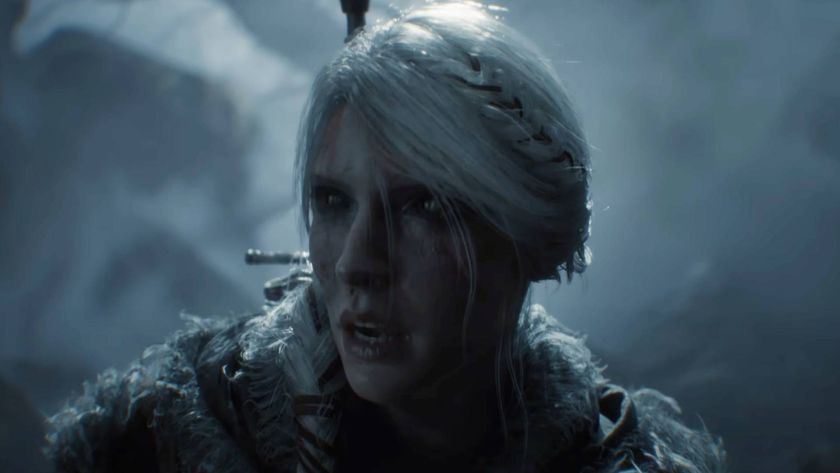
The Witcher 4 has "a huge team" focused on the believability of the RPG's world, because even things like trees and foliage always need to belong
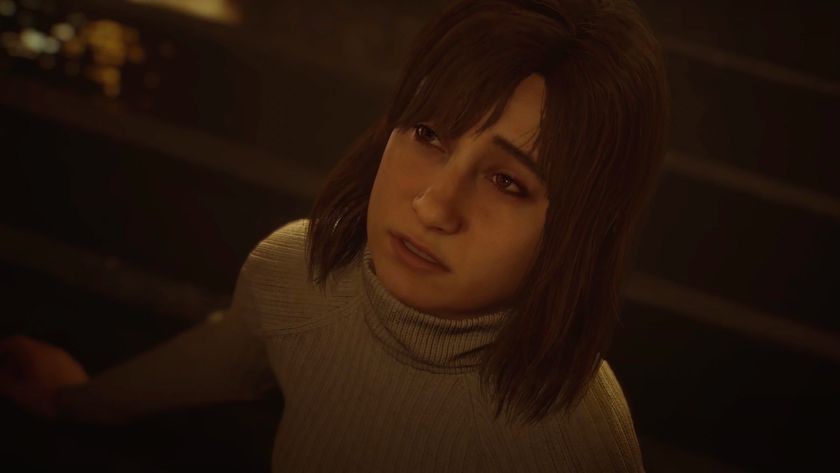
Silent Hill's Pyramid Head creator is getting tired of some fan theories: "I occasionally need to deny the f*****g ridiculous headcanons"



